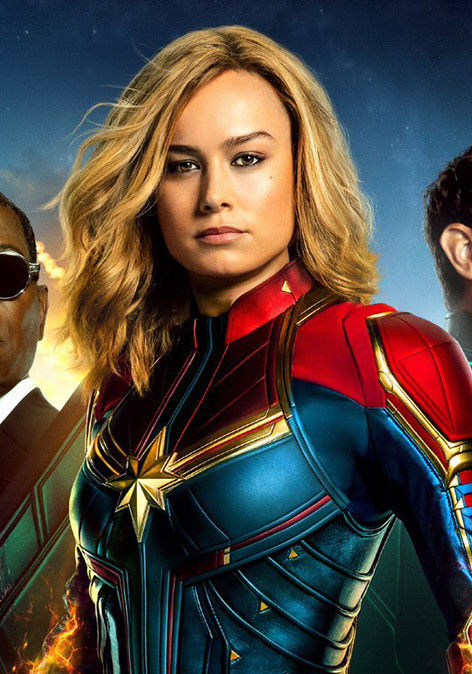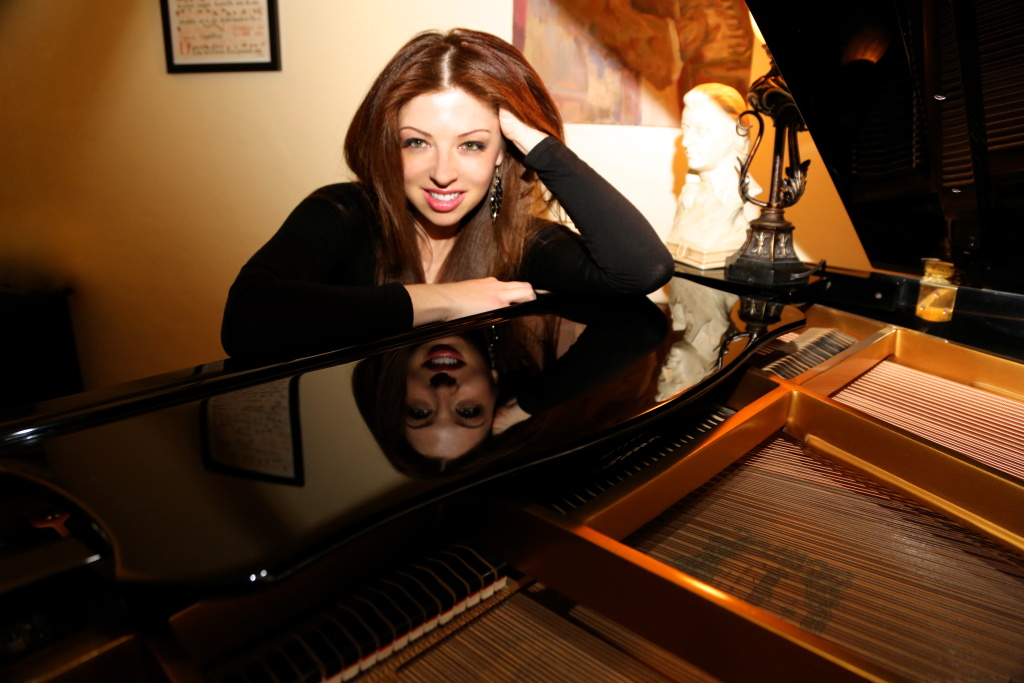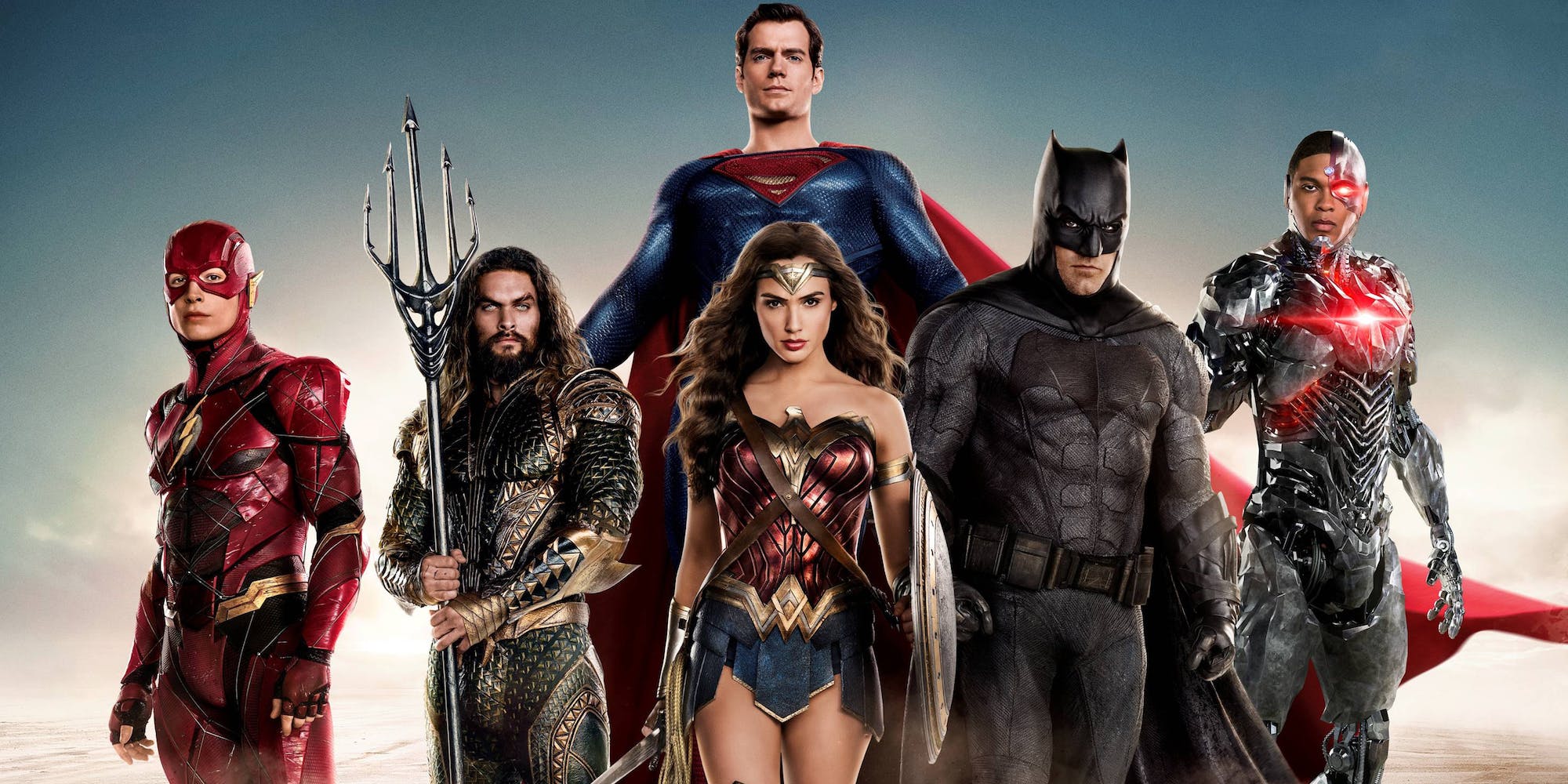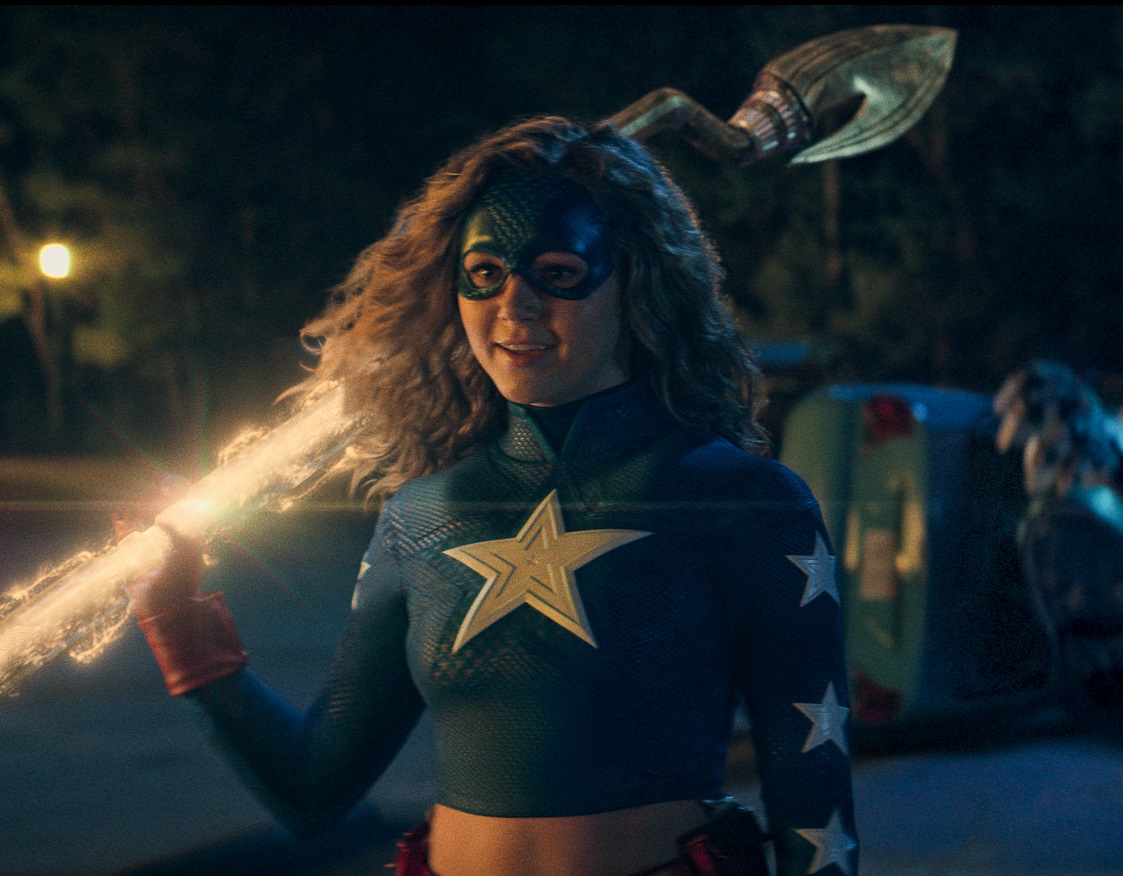It takes a special kind of determination to hire, finance and conduct a 70-piece orchestra for an audition you have no guarantee of securing a job from. Composer Pinar Toprak explains why she did just that for her score pitch for Captain Marvel. The Hans Zimmer protégé talks Headliner though her biggest chess moves.
The year was 1998, and unbeknownst to her, the soundtrack to Dreamworks film, The Prince of Egypt was about to change a young Pinar Toprak’s life. Born and raised in Istanbul, Turkey where she began her classical music education at the age of five, despite “not really knowing English at the time,” Toprak moved to LA aged 17 to study piano performance at the Berklee College of Music, although her true passion lay elsewhere.
“Everybody was telling me that majoring in film scoring is not a very smart idea,” she recalls, speaking to Headliner from her LA home during lockdown, although she jokes that her life usually resembles quarantine anyway.
“They said, ‘you're probably not going to make a career in film scoring as a Turkish woman; it's just not going to happen, it's going to be a waste. You should think about majoring in piano; you can be a teacher and play in sessions and just make better use of your degree’.”
Being young, Toprak almost believed them for a minute. She started her piano major, but it never felt right or made her happy. After leaving the practice room one day, she meandered down to Tower Records, and towards her true calling:
“The Prince Of Egypt had just come out, and in ‘98 if you wanted to actually preview a soundtrack, you would go to a listening booth, put your headphones on and listen. So I started doing that. It was 11:30pm, and they were going to close at midnight. They were announcing that they were going to close, but I couldn't let go of the soundtrack. I just couldn't stop listening to it!”
As the shop was about to close up for the night, Toprak decided to use the remaining $20 she had to her name to buy the soundtrack, which was written in the majority by Hans Zimmer and Stephen Schwartz.
“I had to eat and survive for the next three or four days – I was working three different jobs on campus,” she explains. “It was a really tough time financially. I made the decision to buy that soundtrack with my last money, and I just went to my place and I listened to it all night.”
First thing the next morning Toprak changed her major to film scoring.
“Even as I talk to you, the CD is right next to me,” she points out. “I have not written a single note of music without that CD next to me since 1998. Sometimes we have a full cup already and we just need that one last big drop to make things happen, and that soundtrack was that last big drop. It's a constant reminder of how one decision can really change the course of your life.
"I realised at that point that I’d rather fail at something that I love doing rather than succeeding by attempting something that really does not make me happy. That was a big decision. It was a big risk. I'm very grateful for that risk, and that really changed the course of everything else that followed.”







